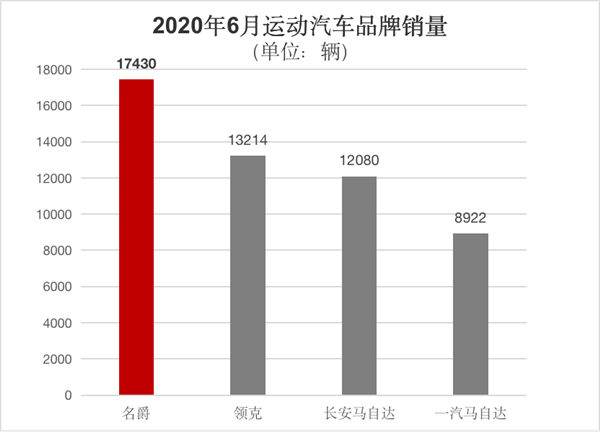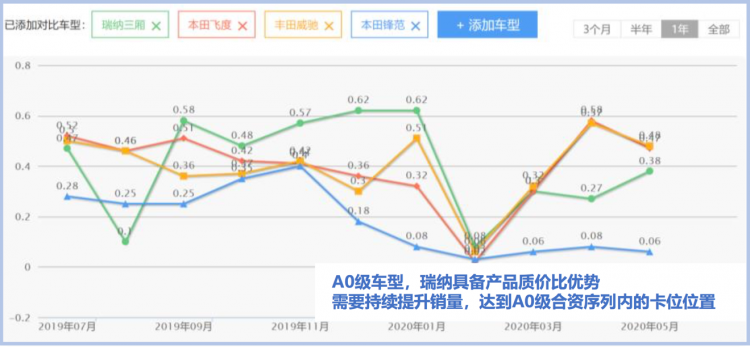Compared with extensive poverty alleviation, the proposal of precise poverty alleviation is more aimed at the characteristics of poor households and poor areas, and creates poverty alleviation programs tailored to local conditions. In terms of targeted poverty alleviation, in some areas with clear mountains and clear waters, rural tourism has proved to be a feasible way. However, after the rapid development of rural tourism, many problems have emerged. As the goal of a well-off society is in sight, how should the campsite industry take advantage of rural tourism and play an important role?

Prior to this, several associations in Shaanxi Province issued a tourism poverty alleviation initiative. This initiative, jointly issued by five associations including the Shaanxi Provincial Tourism Association and the Provincial Self-Driving RV Camping Association, clearly proposes to actively develop the resources of key villages for poverty alleviation through tourism, and actively develop them through various forms such as scenic spot construction, characteristic homestays, and characteristic breeding. The characteristic resources of key villages for tourism poverty alleviation, through various forms such as land and labor participation, and employment of the poor, scientifically establish a benefit-sharing mechanism to help the poor get rid of poverty, and at the same time, actively arrange employment and entrepreneurship for the poor. It is proposed to vigorously promote rural tourism as an effective means of poverty alleviation.
Speaking of “rural tourism” is not a commonplace thing. It was not until 2001 that the Spanish scholar Rosa Perales defined rural tourism. He divided rural tourism into traditional rural tourism and modern rural tourism, and we are now talking about modern rural tourism.

With the rapid development of my country’s economy and the improvement of people’s living standards, rural tourism advocating “returning to nature” has gradually become popular. Relying on the simple folk customs, superior natural scenery and comfortable environment, especially stimulated by the rise of self-driving tourism, the number of rural tourists in my country has increased year by year. It is understood that the National Tourism Administration Data Center, China Telecom Corporation, and UnionPay Commerce, a subsidiary of China UnionPay, jointly released the National Day and Mid-Autumn Festival tourism big data. Statistics show that in 2017, during the National Day, Mid-Autumn Festival and long holidays, the number of rural tourists who traveled more than 10 kilometers and lasted 6 hours was about 216 million.
It is worth noting that there is an obvious trend of in-depth experience in rural tourism across the country. Nearly half of the country’s rural tourism tourists travel across cities and provinces, reaching 45.32%, and the rest are mainly tourists from within the city. The average traveling distance of rural tourism across the country is 147 kilometers, which is about twice the traveling distance of the “May 1st” holiday. The average travel time of national rural tourism tourists is more than two days, about 55.8 hours, 63.46% of them stay overnight, and 34.39% of tourists spend more than 48 hours. In terms of travel expenses, rural tourists across the country spend about 1,310 yuan on a trip (including gasoline fees, pre-departure shopping, etc.).

a pawn
Nowadays, village tourism is in full swing, but there are still many problems, especially the homogeneity of products and accommodation forms. Blindly copying small bridges, flowing water, and rural life like other people’s homes will make it difficult for consumers to attract “repeat customers” from novelty to boredom. In terms of accommodation, the supporting facilities for rural tourism are extremely imperfect, and the standards of accommodation forms such as farmhouses are lacking. It is difficult to achieve high-level services, which is also one of the reasons why many consumers do not want to experience rural tourism again.
In the report of the Nineteenth National Congress of the Communist Party of China, the general secretary emphasized the concept of adhering to the harmonious coexistence between man and nature, and pointed out that the main contradiction in our country has changed from “the contradiction between the people’s growing material and cultural needs and the backward social productivity” to “the people’s growing The contradiction between the need for a better life and unbalanced and inadequate development”. A better life has arrived, a well-off society is just around the corner, and the work of poverty alleviation has reached the most critical moment. What can the camping industry do in the targeted poverty alleviation work based on tourism and rural tourism?

Camping can be used as an important “pawn” on the road to rural tourism differentiation. The most criticized rural tourism is nothing more than “play” and “living”, and in these two aspects, campsites just give rural tourism a good help.
If you want guests to stay, you must first solve the problem of accommodation. As early as 2014, the National Tourism Administration issued the “Circular on the Reform and Improvement of the Pilot Work of the Domestic Tourism Reception Statistics System”, which takes the number of overnight stays as the core basic index and the basic situation of the accommodation units as the core verification index, including Six main calculation indicators including “number of domestic overnight tourists received”. In the era of mass leisure, it is difficult to attract consumers simply by “having a place to sleep”. Many people even “go to a city for a store”, which shows the importance of accommodation to consumers.
Campgrounds have a natural advantage in this regard. Accommodation units such as tents, RVs, and wooden houses are fresh and fun for rural tourism. Consumers can have more choices when staying in farmhouses, which can effectively maintain the “freshness”. The lightweight and mobile characteristics of these accommodation units also play an important role in the protection of the rural environment. The most important role of camps in accommodation is to solve the problem of simplification of rural tourism accommodation through these diverse accommodation units. The joint development of more activities between camps and villages also provides consumers with more reasons to “stay”.

two kinds of winners
In terms of the combination of rural tourism and camping, it also provides a way for some ancient villages with a long history to develop. In fact, there are already similar combined cases in my country, such as Panzhihua in Sichuan, ancient villages in Shanxi, and Southwest China.
Panzhihua City adopts the “government + company + farmers” business model to create a rural self-driving tour micro-camp system, focusing on selecting 1-2 high-quality demonstration tourist routes and 1-2 centralized demonstration films for the construction of micro-camps. RV campsites, car landing self-driving leasing, supply, maintenance, and off-site car return are the new business forms of the micro-camp self-driving tour camp chain system with local characteristics, which not only drives the development of the rural tourism industry but also promotes the differentiated operation of the camping industry model.
In the rural tourism of traditional villages in Shanxi, with the ancient villages as the hub, several camps were built in the whole province, so that self-driving consumers can feel the strong humanistic feelings of the ancient villages while getting close to nature. This model neutralizes the protection of villages and attracting consumers, and can be used as a desirable model for the protection of ancient villages in the future.
To sum up, my country’s economy has shifted from a stage of high-speed growth to a stage of high-quality development, and is now in a critical period of transforming development methods, optimizing economic structure, and transforming growth drivers. The combination of camps and rural tourism still needs a long-term market test .




